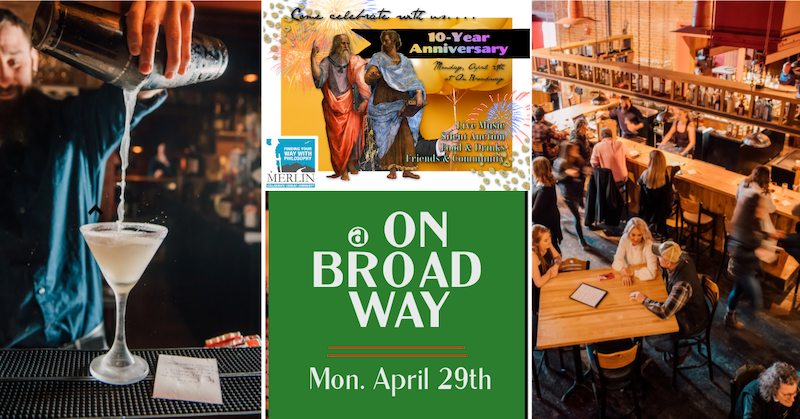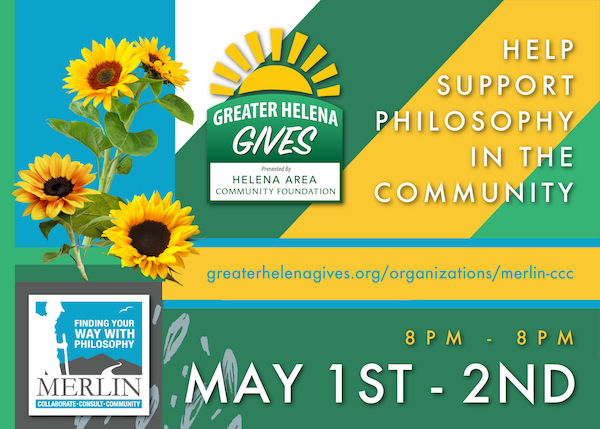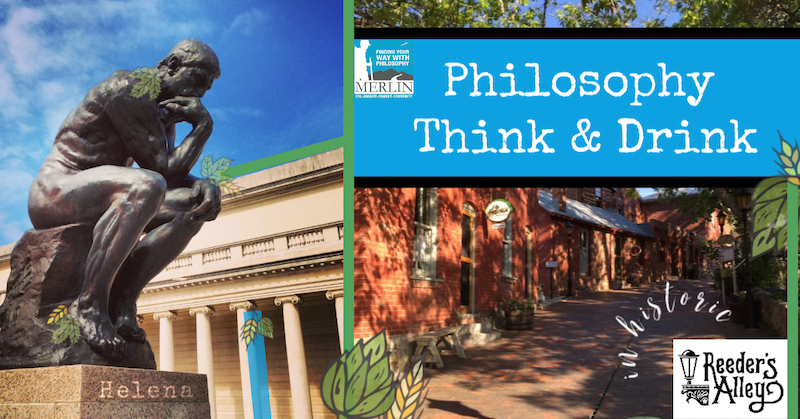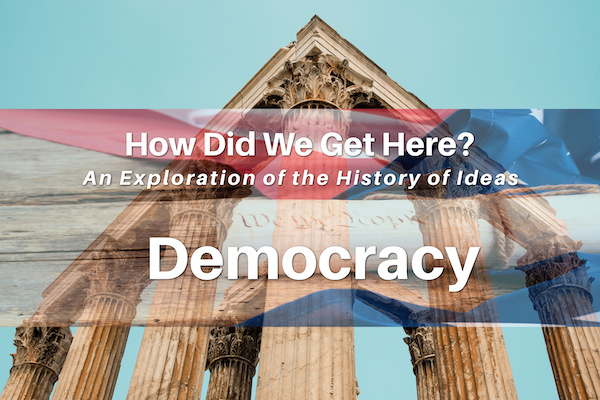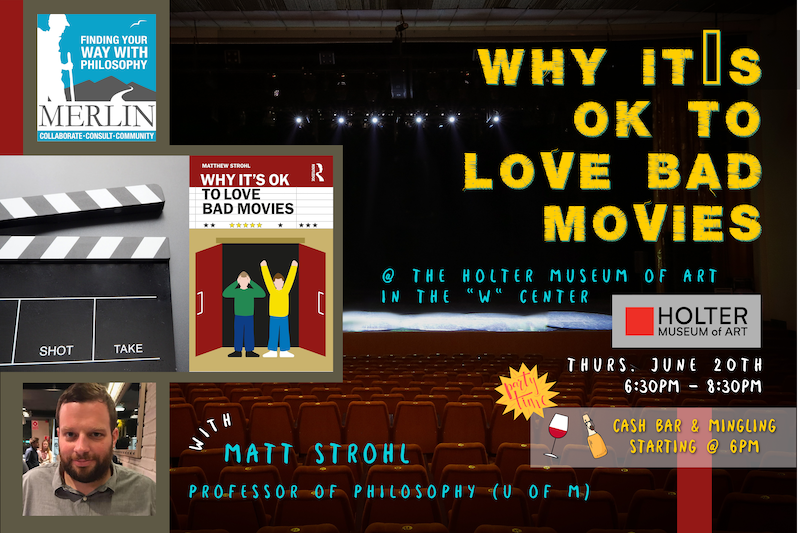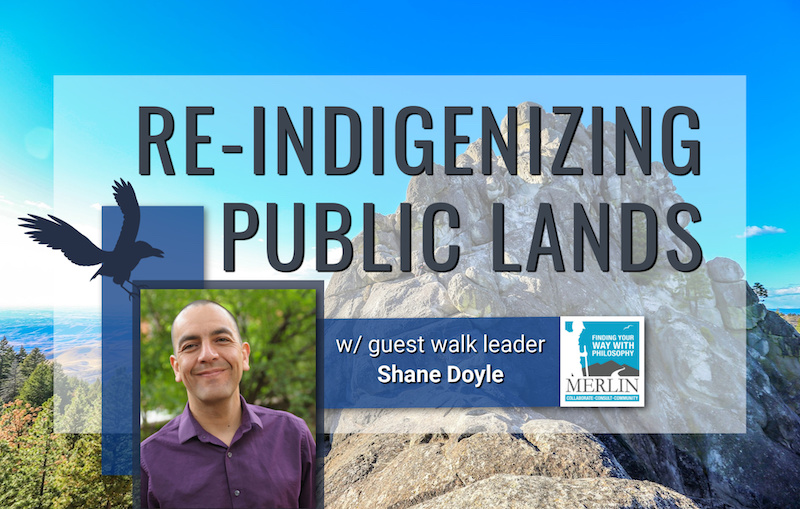10-Year Anniversary Celebration at On Broadway
On Broadway 106 E. Broadway Street, Helena, MTCome celebrate our 10-year anniversary with us at On Broadway! Enjoy great food and drinks, live music & a silent auction all while contributing to a great cause. On Broadway is donating 50% of all food & beverage sales during the evening to our organization. Woot-woot! Come hungry and thirsty friends!

